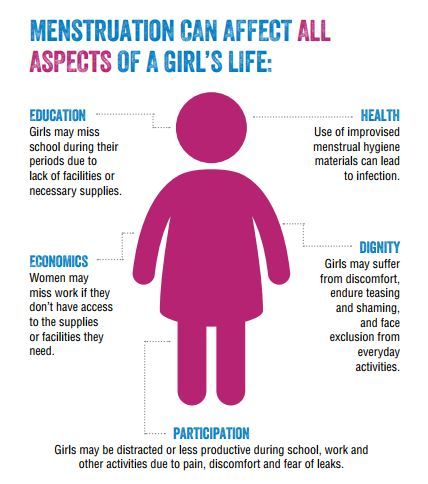Navigating Infertility: Support and Options
Infertility can be an incredibly challenging journey for individuals and couples hoping to start a family. The inability to conceive naturally can cause emotional distress, feelings of isolation, and even strain on relationships. However, it is important to remember that you are not alone, and there are support networks and options available to help you navigate this difficult experience.
Seeking Emotional Support
When facing infertility, it is crucial to seek emotional support from loved ones, friends, or professionals who understand what you are going through. Sharing your feelings and experiences with trusted individuals can provide a sense of solace and relief.
In addition to personal support systems, there are various support groups and online communities where individuals and couples can connect with others facing similar challenges. These support systems can offer a safe space to share thoughts, gain valuable insights, and find comfort in knowing you are not alone in your struggles.
Therapy and Counseling
Professional therapy and counseling can be highly beneficial for individuals and couples experiencing infertility. A trained therapist can help you navigate the emotional rollercoaster that often accompanies the journey, providing coping mechanisms and strategies for dealing with stress, anxiety, and depression. Therapy sessions can also offer a space to explore alternative options, such as adoption or assisted reproductive technologies, and help you make informed decisions.
Exploring Alternative Options
While infertility can feel like a dead end, it is important to remember that there are alternative options available for starting a family. These options may not be the path you initially envisioned, but they can still bring immense joy and fulfillment.
Adoption
Adoption is a popular choice for individuals and couples who are unable to conceive. It involves providing a loving home to a child in need and can be a truly rewarding experience. However, adoption processes can be lengthy and complex, so it is crucial to research and consult with adoption agencies or professionals who can guide you through the journey.
Assisted Reproductive Technologies (ART)
Assisted reproductive technologies, such as in-vitro fertilization (IVF), intrauterine insemination (IUI), or egg/sperm donation, offer potential solutions for infertility. These technologies have helped countless individuals and couples achieve their dreams of parenthood. Consulting with fertility specialists and reproductive endocrinologists can provide you with a deeper understanding of the options available and help determine which path may be suitable for you.
Financial Considerations
It is essential to consider the financial implications of pursuing alternative options for infertility. Adoption can involve significant costs, including legal fees and home studies, while assisted reproductive technologies often come with their own set of expenses, such as medications, procedures, and fertility treatments. Exploring insurance coverage or financial assistance programs can help alleviate the financial burden.
Maintaining Your Well-being
Amidst the challenges of infertility, it is crucial to prioritize self-care and maintain overall well-being. Taking care of your mental, emotional, and physical health can help you navigate the journey more resiliently and optimize your chances of success.
Healthy Lifestyle Choices
Eating a nutritious diet, engaging in regular exercise, and getting enough sleep can help improve your overall well-being and fertility. It is advisable to consult with healthcare professionals or fertility specialists for personalized recommendations tailored to your specific situation.
Alternative Therapies
Many individuals and couples find solace in alternative therapies, such as acupuncture, yoga, or meditation. These practices can help reduce stress levels, promote relaxation, and potentially enhance fertility. Integrating these therapies into your routine may offer physical and emotional benefits.
Open Communication
Open and honest communication with your partner is crucial throughout the infertility journey. Share your thoughts, fears, and aspirations with each other, and work together as a team. Remember to be compassionate, patient, and understanding towards one another.
Conclusion
While infertility can be an arduous and emotionally draining experience, it is important to remember that support and options are available. Seek emotional support from loved ones or professionals, explore alternative options such as adoption or assisted reproductive technologies, and prioritize your physical and emotional well-being. Remember, every journey is unique, and there is hope for building the family you desire.


